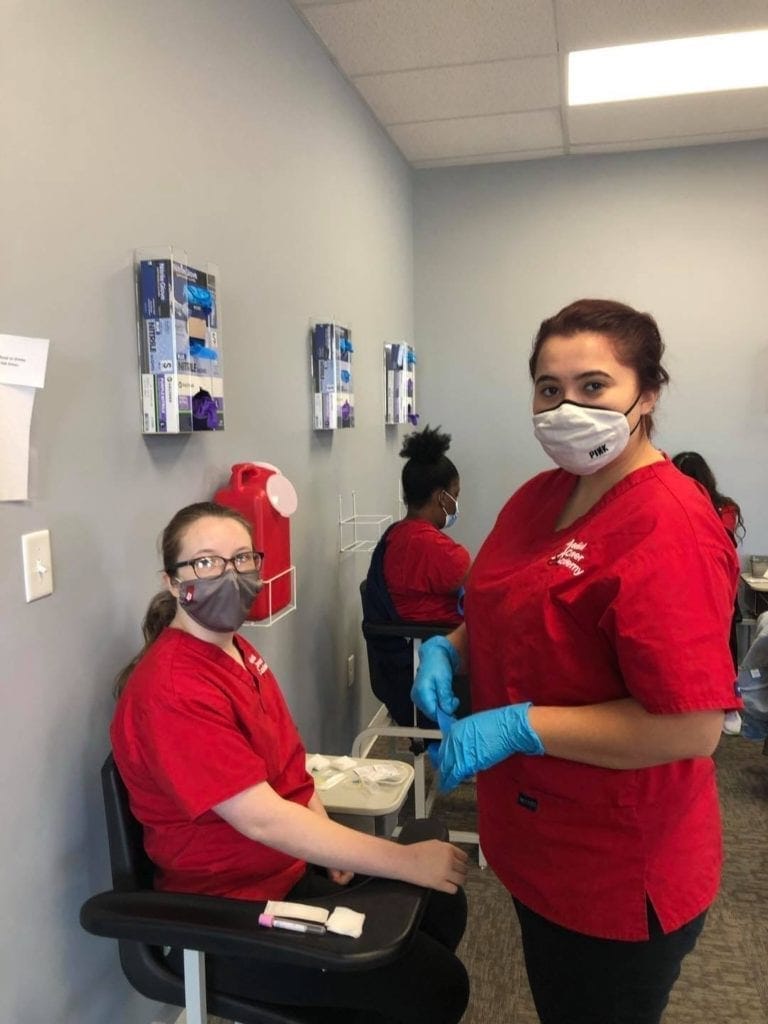As a home care provider, you are constantly faced with ethical dilemmas. What is the right thing to do when patients want to end their lives? What are your responsibilities when caring for a patient with a terminal illness?
The Principles of Health Care Ethics can help you navigate these difficult ethical terrains. The Principles provide a framework for thinking about ethical issues in health care. They are not a set of rules but rather a set of guiding principles that can help you make moral decisions.
The Principles of Health Care Ethics are:
1. Respect for autonomy
2. Beneficence
3. Non-maleficence
4. Justice
Let this article define each of them.
1. Respect for Autonomy
Respect for autonomy is a key principle in healthcare. It means respecting the patient’s right to decide their care. That includes the right to refuse treatment, the right to request specific treatments, and the right to information about their condition.
Respecting autonomy is important because it allows patients to make decisions that align with their values and preferences. It also ensures that patients receive the best possible care by allowing them to choose treatments that they are most comfortable with.
2. Beneficence
Beneficence is one of the most critical principles in healthcare. It means doing what is in the best interest of the patient. That includes providing quality care and protecting the patient’s welfare.
Beneficence is vital because it ensures that patients receive the best possible care. It also protects patients from harm and ensures that their rights are respected.
3. Non-Maleficence
The principle of non-maleficence is one of the most important principles in healthcare. It means that we should not harm our patients. That includes avoiding unnecessary treatments and procedures and minimizing the risks of treatment.
There are many ways you can unknowingly harm patients. You can perform unnecessary tests and procedures that expose them to unnecessary risks. You can also prescribe treatments that are ineffective or even harmful.
The best way to avoid harming your patients is to provide evidence-based care. It would be best if you only recommended practical tests and procedures. Prescribe only treatments that are proven safe and effective.
4. Justice
Justice is a concept of moral rightness based on ethics, rationality, law, natural law, religion, or equity. In healthcare, the principle of justice requires that patients be treated equitably and fairly.
There are different ways to approach the issue of justice in healthcare. One approach is to focus on the needs of the patient. Care should be provided based on the patient’s needs, not on what they can afford.
Another approach is to focus on fairness. That means everyone should have access to the same level of care, regardless of their ability to pay.
Conclusion
Being a home care provider can be a rewarding experience, but it can also present some challenges, especially regarding ethical issues. The Principles of Health Care Ethics can provide a helpful framework for thinking about ethical issues in home care. These principles help to ensure that patients receive the best possible care and that their rights are respected. Home care providers who follow these principles can help build trust with their patients and their families and provide high-quality care that meets the needs of all involved.
Learn more about this when you enroll in our medical career training center. Medical Career Academy is Indiana’s best in providing students with the highest quality education in various health care fields. Jumpstart your career in the healthcare sector now.

